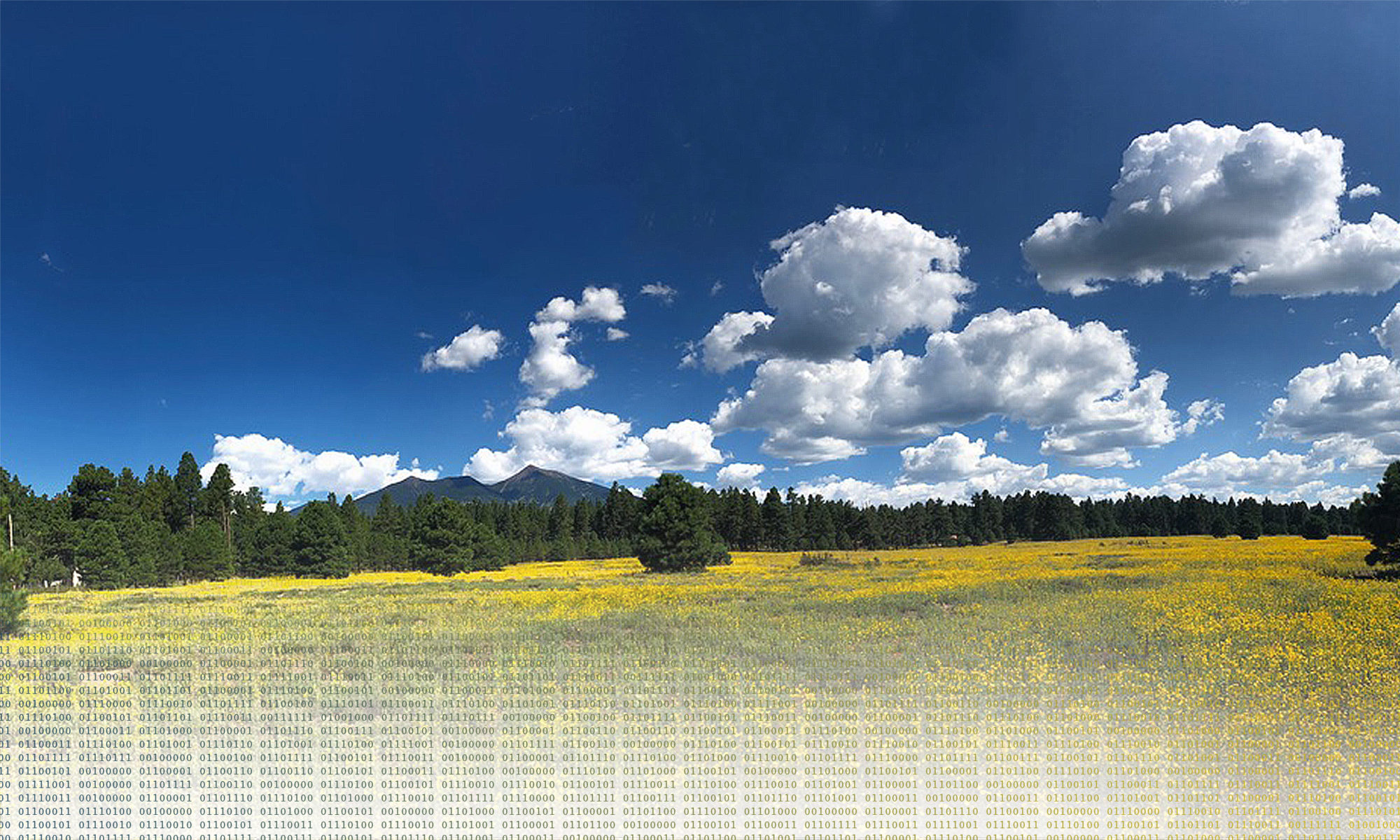Interdisciplinary Career Trajectory in Urban Sustainability.
Anu Ramaswami, Ph.D., is a professor at Princeton University in the departments of India studies, civil and environmental engineering, and at the High Meadows Environmental Institute. She is an interdisciplinary environmental engineer recognized as a pioneer and leader on the topic of sustainable urban infrastructure systems. Her work explores how eight key sectors – that provide water, energy, food, buildings, mobility, connectivity, waste management and green/public spaces – shape human and environmental wellbeing, from local to global scales. Ramaswami’s work integrates environmental science and engineering, industrial ecology, public health and public affairs, with a human-centered and systems focus. She is the inaugural director of the M.S. Chadha Center for Global India at Princeton University, the lead principal investigator and director of the National Science Foundation (NSF)-supported Sustainable Healthy Cities Network, and serves on the United Nations Environment’s International Resource Panel and the US NSF’s Advisory Committee for Environmental Research and Education. She received her BS in chemical engineering from the Indian Institute of Technology Madras in Chennai and her PhD in civil and environmental engineering from Carnegie Mellon University.
You can find more about Dr. Ramaswami’s work and her collaborations via the following resources:
Websites
https://ramaswami.princeton.edu/
http://www.sustainablehealthycities.org/
Social Media
Twitter – @AnuRamaswami
@RamaswamiSUSLab – https://twitter.com/RamaswamiSUSLab
@PrincetonEnviro (High Meadows Environmental Institute)
@Eprinceton – Princeton engineering
@PrincetonCGI – Chadha Center for Global India
@Princeton (Princeton University)
Sustainable Healthy Cities (NSF-funded research group for which Prof. Ramaswami is the director)
Twitter – @SRNcities https://twitter.com/SRNcities
Facebook – @sustainablehealthycities https://www.facebook.com/sustainablehealthycities/
LinkedIn – https://www.linkedin.com/company/sustainable-healthy-cities-network/
Ramaswami Sustainable Urban Systems Lab
Twitter – @RamaswamiSUSLab
https://twitter.com/RamaswamiSUSLab
LinkedIn – @RamaswamiSUSLab – https://www.linkedin.com/company/RamaswamiSUSLab
Facebook – @RamaswamiSUSLab – https://www.linkedin.com/company/RamaswamiSUSLab
Instagram – @RamaswamiSUSLab – https://www.instagram.com/RamaswamiSUSLab/

